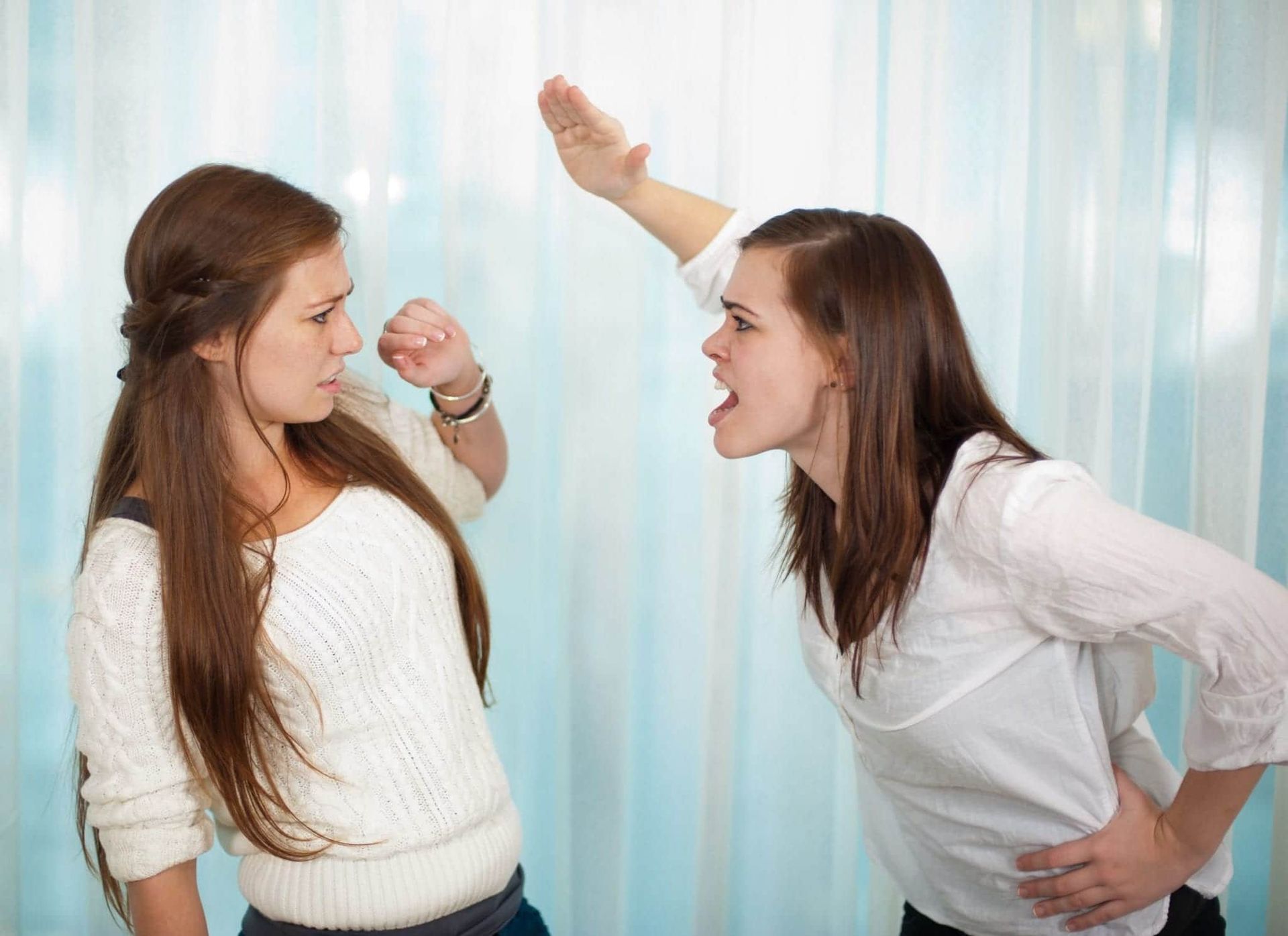Explore Our Blog
Anger & Domestic Violence – Part 5: How to Recognise Emotional Abuse Before It Escalates
Advance Minds Blog
A safe space to explore subjects within the community such as mental health, substance abuse and personal identity.
Our safe space also provides the opportunity for real individuals to express their hardships and success through writing.
Often, it begins subtly—so much so that victims don’t always realise it’s happening until their self-worth is already damaged.

Recognising emotional abuse early is one of the most powerful ways to protect yourself or someone you care about.
🧠 What Is Emotional Abuse?
Emotional abuse is any pattern of behaviour meant to control, shame, isolate, or intimidate someone.
It can include:
- Constant criticism or insults
- Gaslighting (making you doubt your memory or feelings)
- Extreme jealousy or possessiveness
- Blaming you for their problems or moods
- Silent treatment or emotional withdrawal used as punishment
It’s not just about what’s said—but how it makes you feel over time: small, confused, anxious, or afraid.
🚩 Early Red Flags That Often Get Dismissed
Many emotionally abusive behaviours are brushed off as “just personality” or “just stress.”
But early signs often include:
- Making jokes at your expense
- Monitoring who you talk to or what you do
- Quickly shifting from charm to coldness
- Dismissing your feelings as “too sensitive”
- Pressuring you to always agree or avoid conflict
If you start changing your behaviour to avoid upsetting them, it’s time to pause and reflect.
😔 The Cycle of Emotional Abuse
Emotional abuse often follows a cycle:
- Tension building – walking on eggshells, increasing criticism
- Explosion – outburst, blame, or emotional withdrawal
- Reconciliation – apology, gifts, promises to change
- Calm
– things seem fine... until the next blow-up
This cycle keeps victims confused and hopeful that things will improve—even when the damage deepens.
👤 The Impact on Self-Esteem
Over time, emotional abuse chips away at your confidence.
You might start to believe their insults or feel like you can’t trust your own judgment.
You might also feel isolated from friends and family or too ashamed to speak up.
💡 Why It’s So Hard to Spot
Unlike physical abuse, emotional abuse can seem invisible from the outside.
Abusers may be charming in public, making it harder for others to believe your experience.
And victims often minimise the harm or believe it’s their fault.
🛠️ What to Do If You Suspect Emotional Abuse
- Keep a journal of things said or done that hurt you
- Talk to a counsellor or a trusted person outside the relationship
- Educate yourself about abuse dynamics—knowledge is power
- Don’t wait for it to get worse—early action makes a difference
- Trust your gut—if something feels wrong, it probably is
🌿 Final Thoughts 💞🌈
Emotional abuse is real—and it often escalates if left unchecked.
Your feelings are valid. Your voice matters.
You deserve a relationship where love feels like safety, not confusion or fear.
Recognising emotional abuse is the first brave step toward reclaiming your strength.

















